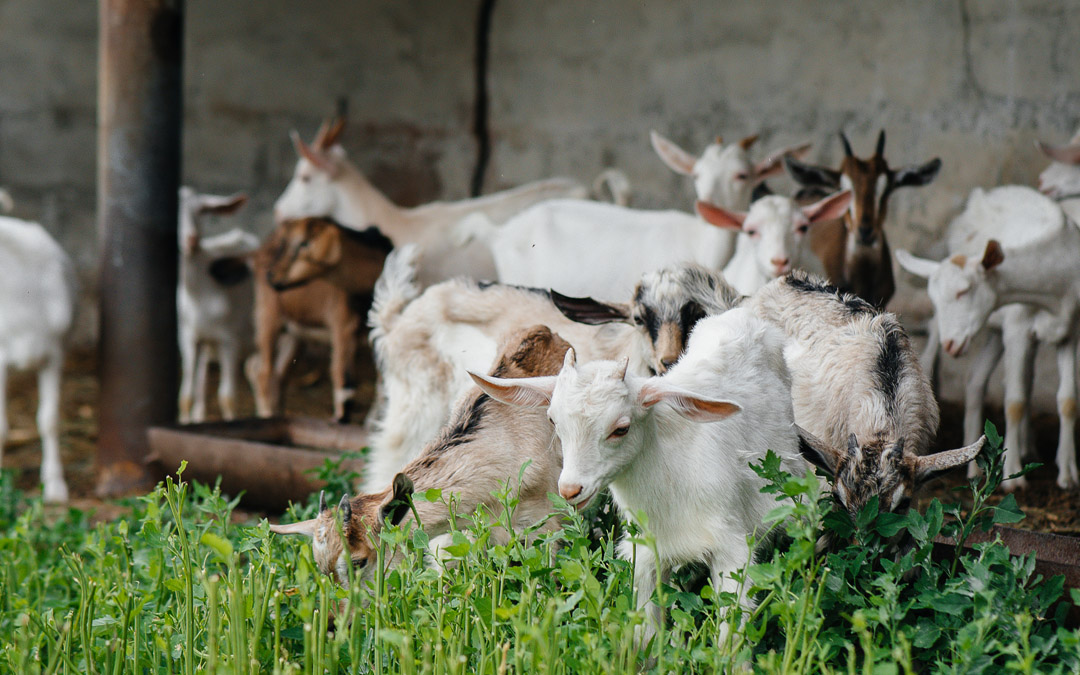
After some very hard years of the pandemic, society has experienced greater concern for the responsible consumption of resources, and the recovery of more natural products is being advocated. It is a trend that had been accepted since before the Covid-19 crisis, but in recent years it has accelerated, with livestock being one of the sectors at the center of this trend. We explain below the benefits of organic farming, both for the ecosystem and for people.
Organic farming
As you well know, organic farming is an agri-food production system designed to produce food free of contaminants and more nutritious and healthier, while preserving the environment and ensuring greater animal welfare.
Consequently, the regulations that control organic production are included in Regulation (EU) 2018/848, which stipulates that organic farming must allow animals to access the outside. As a result, in organic farming operations all animals pass part of the day in the open air outside the farms.
In this way, the feeding of the livestock should preferably be based on the resources of the farm itself, whether they are fodder for grazing (in the case of ruminants) or cereals that will be used for the manufacture of organic feed (in the case of livestock organic pig). If it is the case that compound feeds are used, they must be certified in order to be used in organic production. Speaking of disease prevention, we are committed to rustic animals (more resistant) that are perfectly adapted to the particular conditions of each area, betting on native breeds that, although they have a lower production, are perfectly adapted to the climate and terrain. As a result, it contributes to a greater genetic diversity in the cattle herd.
Benefits of organic farming
- Animal welfare is improved, because by having permanent access to the open air, animals can develop more naturally.
- Improvement of the environment and contribution to the self-sufficiency of livestock farms. Thanks to the grazing of the animals, the fields are kept in better condition. They will also be fertilized by the animals themselves, or using the manure from the farm itself, which contributes to the circular economy and the reduction of waste produced.
- We indicate the quality of the products obtained. The quantity can be reduced (in some cases), but it is perfectly supplied by its quality. Thus, the consumer perceives the product as of higher quality, and the current trend indicates that this type of food is increasingly in demand in the market.
- It will improve the health of society and the planet. Being the most respectful ecological production with the ecosystem, the natural cycle of plants and animals is taken care of. In such a way that it also cares for people's health, providing the market with high-quality, more natural products produced using techniques that are more respectful of the environment.
Organic production is not a fad, it is here to stay, and it is everyone's responsibility to contribute to making it a widespread reality. The care of the planet and our society is in our hands, and every action counts.
Our team is committed to this form of production and most of the ingredients of our feed come from farms close to our factory, thus promoting the rural environment and reducing the carbon footprint, in addition to being 100% organic productions.












